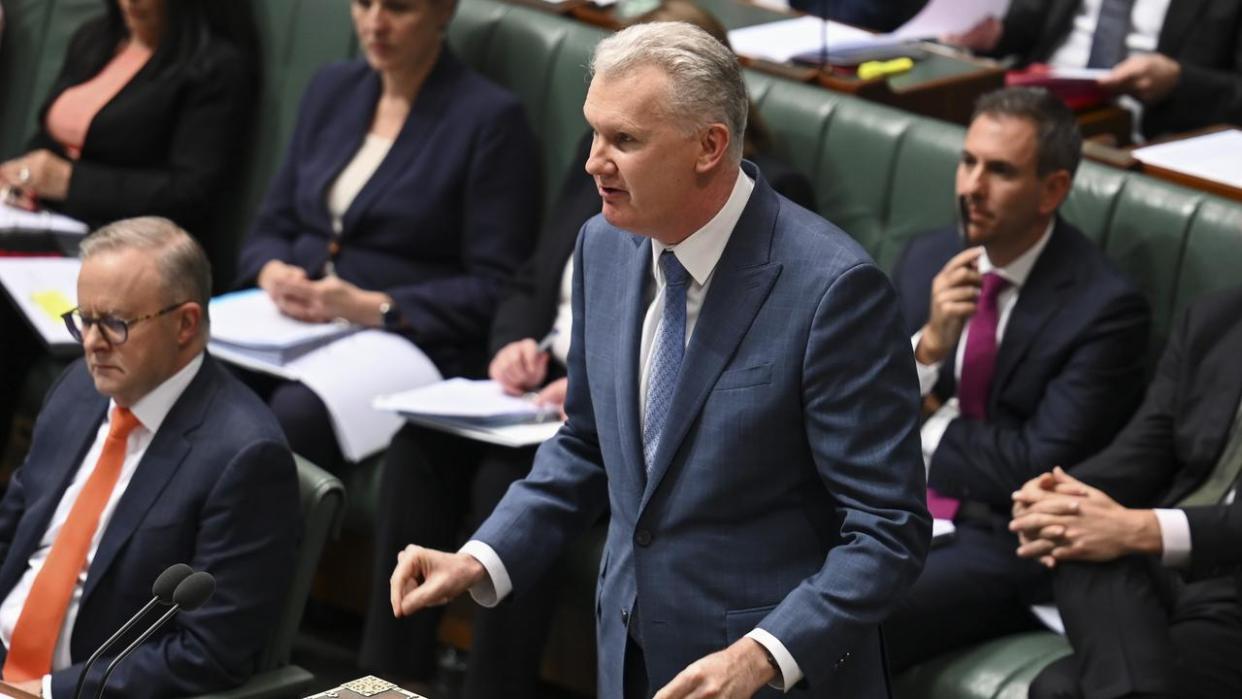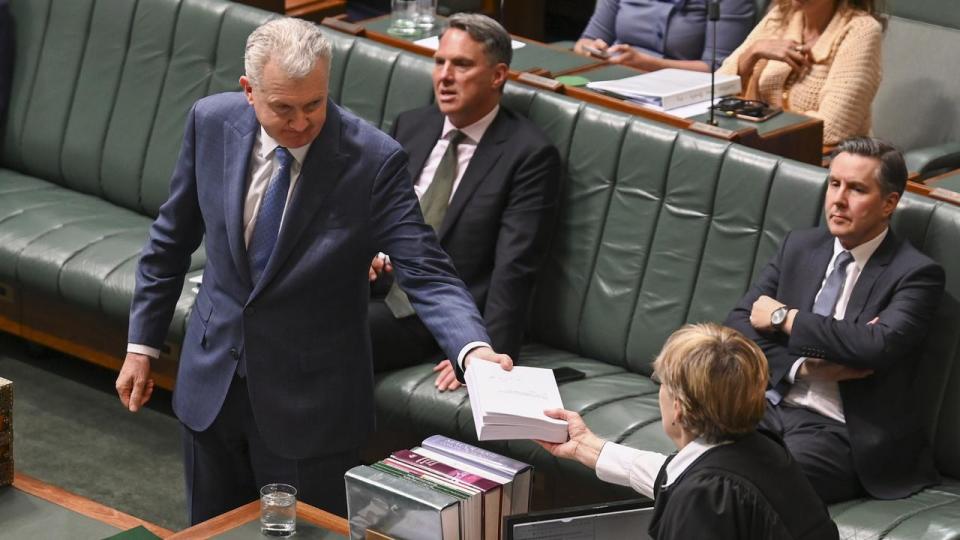$1bn pay rise plan for 67k Aussie workers

Uber Eats delivery drivers and outsourced labour staff could pocket a combined $910m in yearly wages under new government laws that have been slammed by businesses who say it will increase costs for households.
The federal government’s industrial relations reforms, brought into parliament this week, would pay a combined $400m extra for rideshare and food delivery staff and $510m for external labour hire workers.
The changes are forecast to cost businesses an estimated $9bn per year and have been lashed by employer lobby groups as the “most extreme, interventionist workplace changes” ever proposed.
“The truth is we don‘t want a two-tier economy where we become like the United States and other places where people live on tips,” Government Services Minister Bill Shorten said on Tuesday.
“The gig platforms are here to stay, that’s fine. We want to make sure people aren’t getting exploited. Simple as that.”

Under new laws, companies with more than 15 workers will have to compensate labour hire staff the same wages as those engaged under enterprise agreements.
This will affect an estimated 67,000 people, with most working in mining and agriculture. Other changes include fairer protections for those employed in the gig economy industry, including rideshare workers for Uber and MenuLog and some staff in the NDIS and aged care sector.
Employment Minister Tony Burke said food delivery drivers were paid roughly between $3 and $4 an hour if they were running four to six hourly deliveries, making a pay rise a fair deal.
“It is not a significant difference in terms if you are ordering a few pizzas to the house, but it is a significant difference for some of the lowest paid workers in Australia and underpaying people is cheaper,” Mr Burke said on Tuesday.

Minerals Council of Australia (MCA) chief executive Tania Constable said although direct costs were stark, the changes would lead the sector into a “merry-go-round” of compliance.
“This workplace overhaul will only compound the significant pressures on Australians who are struggling to pay their household bills, struggling to buy a home, or struggling to find work, putting upward pressure on the cost of living, the cost of materials, and the cost of doing business,” Ms Constable said.
“This is not about ‘closing loopholes’ as the government suggests. It is about dramatically increasing the power, reach and access of unions in Australian businesses, small and large.”
Australia’s mining sector drew in a record $455bn in export revenue in the 2023 financial year, according to the MCA.
Mr Burke said the majority businesses who would be forced to pay workers more could foot the bill.
“If you look at the profits in mining and aviation at the moment, I think you would run a pretty tough argument to say they couldn't afford to pay their workers a bit more, and we are only talking about the rates of pay they have already agreed to,” Mr Burke said.
Labor’s Closing the Loophole Bill is expected to be debated over the next four weeks, with the parliamentary support needed for the Bill to pass yet to emerge.


